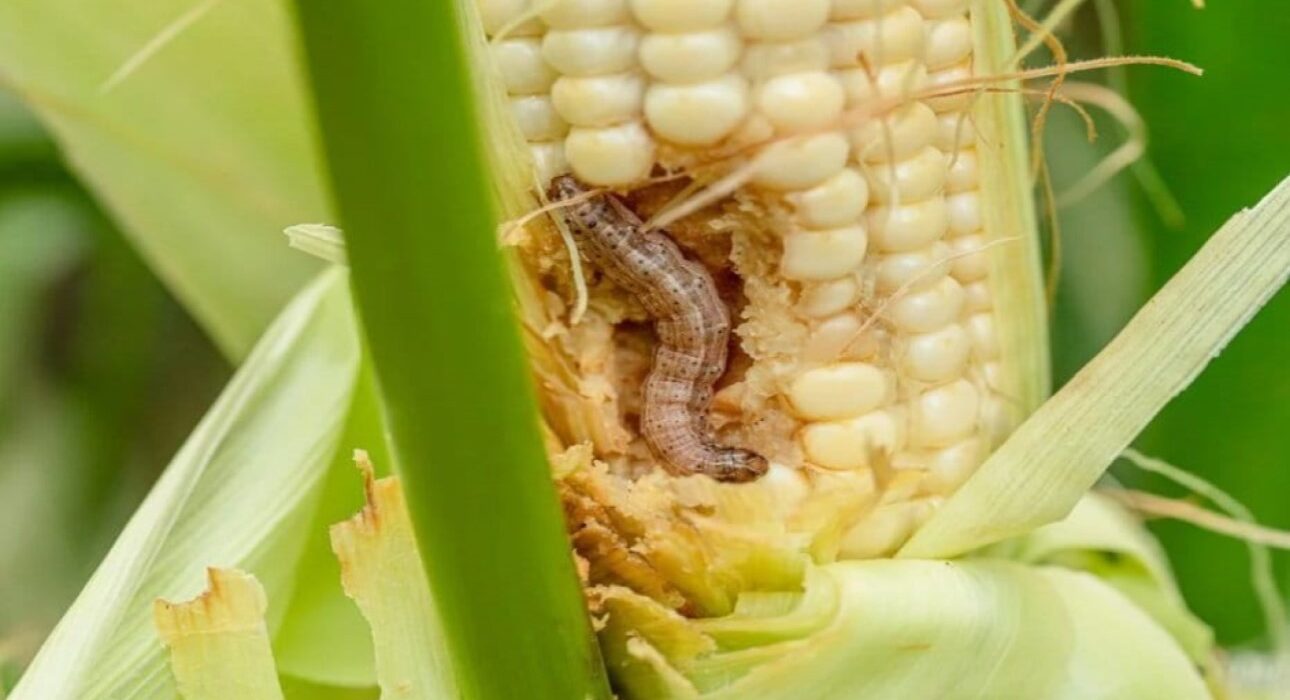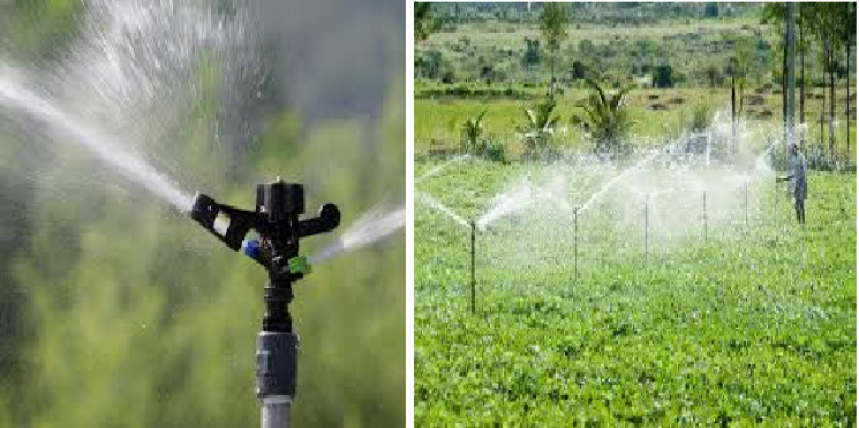Effective guidance for preventing fall Armyworm infestations

Fall armyworms have become a major threat to food security across Africa, devastating key crops like maize, sorghum and rice. These destructive pests multiply rapidly and can wipe out entire fields within days if left unchecked. Unlike ordinary pests, fall armyworms are difficult to control once they invade, making prevention the most effective strategy for farmers.
Implementing smart and sustainable field management practices not only protects crops but also reduces dependence on harmful pesticides. This guide offers practical, science-backed methods to prevent fall armyworm infestations from early planting and field monitoring to encouraging natural enemies and maintaining clean, healthy farms.
Understanding the fall armyworm threat
The fall armyworm (Spodoptera frugiperda) is one of the most destructive pests affecting staple crops like maize, sorghum and rice across Africa and beyond. Its larvae feed voraciously on plant leaves, stems and reproductive parts, leading to significant yield losses if not managed in time. Farmers must therefore adopt proactive and sustainable practices to prevent infestations before they spread. Prevention is far more effective and environmentally friendly than attempting to control large outbreaks after they occur.
Early planting for pest avoidance
One of the simplest yet most effective ways to prevent fall armyworm infestation is early planting. Farmers are advised to sow their crops at the start of the rainy season. This ensures the crops are well established before the peak period of armyworm activity, which usually occurs later in the season when conditions are warmer and more favorable for the pest. By planting early, crops gain a growth advantage, becoming more resilient and less vulnerable to damage.
Regular field monitoring
Continuous monitoring is essential for early detection and control of the fall armyworm. Farmers should inspect their fields at least twice a week, paying close attention to the undersides of leaves and the whorls of young plants where eggs and larvae are often hidden. Early detection allows for immediate intervention using biological control methods or safe pesticides, preventing the pest from spreading across the field. Timely observation not only saves crops but also reduces the need for heavy chemical use later in the season.
Crop rotation for long-term protection
Crop rotation is another critical practice in fall armyworm prevention. Repeatedly growing the same crop, especially maize, in one field provides a consistent food source for the pest, increasing the likelihood of infestation. Rotating maize with crops less favored by the fall armyworm, such as beans, groundnuts or other legumes, disrupts the pest’s life cycle and reduces its population in the soil. This approach improves soil fertility, enhances biodiversity and minimizes pest buildup over time.
Selecting resistant crop varieties
Modern agricultural research has led to the development of maize and sorghum varieties that are more resistant or tolerant to fall armyworm attacks. Farmers should consider using these improved varieties as part of their pest management strategy. Resistant crops are better able to withstand damage and recover more quickly after an infestation, ensuring that yields remain stable even under pest pressure. Consulting agricultural extension officers or certified seed suppliers can help farmers choose the right resistant varieties for their region.
Promoting natural enemies
Nature provides its own defense system against fall armyworms through beneficial insects such as ladybirds, spiders, wasps and ants. These natural enemies feed on the eggs and larvae, helping keep pest populations under control. Farmers should minimize the use of broad-spectrum chemical pesticides that can kill these helpful insects. Instead, adopting integrated pest management (IPM) techniques such as intercropping with flowering plants that attract predators can strengthen natural control and reduce dependency on synthetic chemicals.
Maintaining field sanitation
Good field hygiene plays a major role in preventing pest carryover between seasons. After harvest, farmers should remove and destroy crop residues rather than leaving them to decompose in the field. This practice eliminates eggs, larvae and pupae that may be hiding in the soil or plant debris, reducing the risk of new infestations in the following season. Deep plowing can also help expose and kill pupae in the soil, further lowering pest numbers.
Safe and sustainable pest control
When early signs of infestation appear, farmers should prioritize biopesticides such as neem-based products or biological formulations containing Bacillus thuringiensis (Bt). These are environmentally friendly and target only harmful pests. Chemical pesticides should be used only as a last resort, following recommended guidelines and safety precautions. Overuse of synthetic chemicals can lead to resistance, environmental harm and health risks to both humans and livestock.
Preventing fall armyworm infestations requires consistent vigilance and smart farming practices rather than relying solely on chemicals. Through early planting, regular monitoring, crop rotation, field sanitation and the use of resistant varieties, farmers can protect their crops naturally and sustainably.
Encouraging beneficial insects and using safe biopesticides further enhances control efforts. By adopting these integrated pest management strategies, farmers can ensure stronger crops, higher yields and a healthier environment for future generations.











